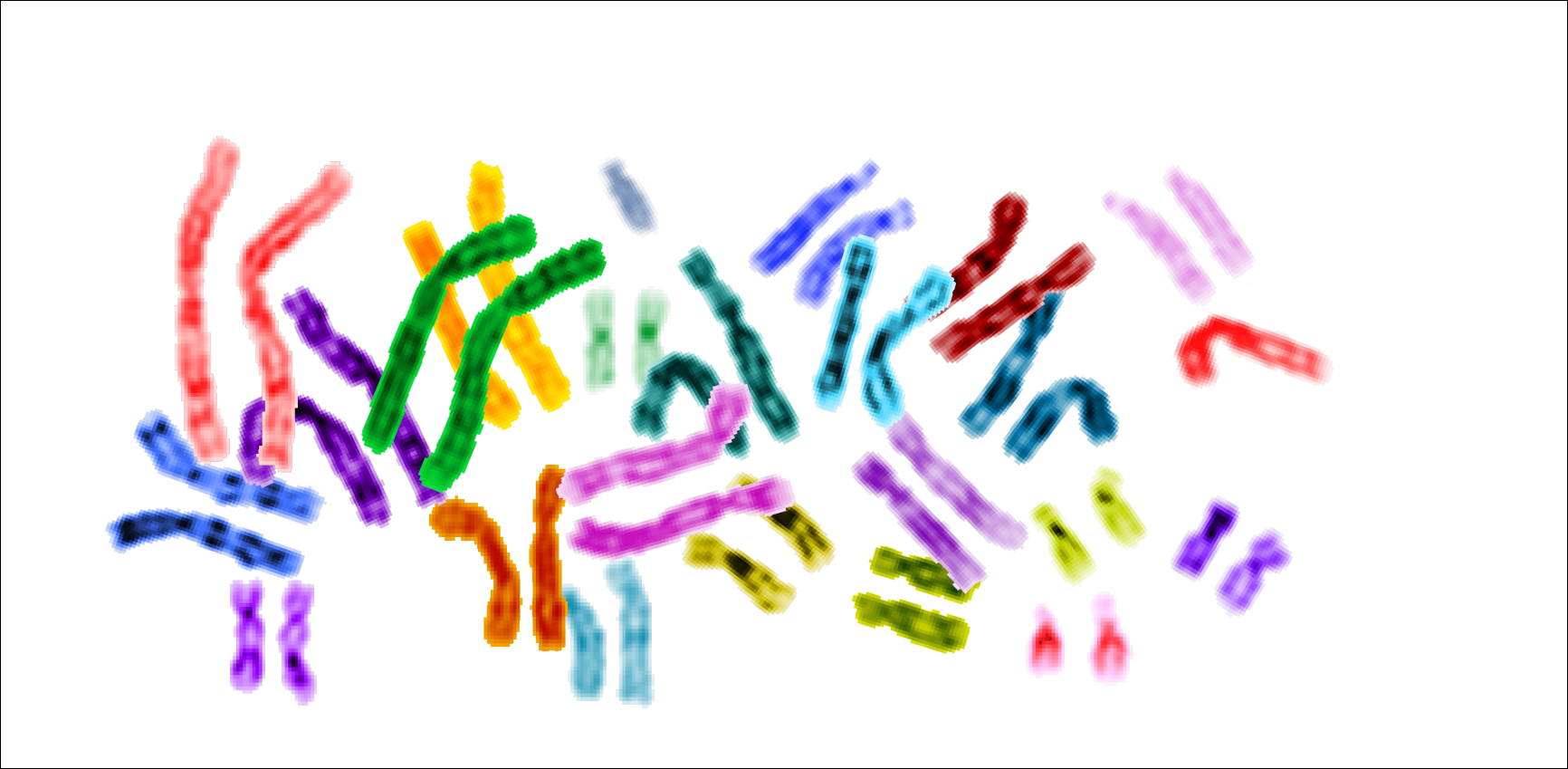
The first human genome was completely sequenced a decade ago. Since then, genetic information about humans and other animals has been added at an astounding rate. Now a particularly ambitious genetic project is underway: the 1000 Genomes Project. Over 75 Universities around the world are participating in this effort to catalogue every human variation and mutation.
The first part of the study has just been published. Thus far, the molecular biologists have sequenced the genomes of about 900 people from different regions of the globe.
Among the preliminary findings:
- Each person’s genome contains about 250 to 300 ‘loss-of-function’ mutations, meaning the affected gene cannot encode a viable protein.
- Each person’s genome contains 50 to 100 mutations that have been implicated in inheritable diseases.
- The de novo mutation rate (the rate at which mutations spontaneously arise) is 10-8 per base pair per generation.
In addition, the sequencing project has lead to innovations in the handling of genomes. For example, much of the variation in human genomes is due to ‘copy number’. Certain genes may be represented anywhere from only once to hundreds and hundreds of times, and not always at the same location, or even on the same chromosome. It has been extremely difficult to be sure the number of these genes was ‘counted’ correctly. Researchers working with the 1000 Genomes consortium have now developed a method for tackling this problem.
The next phase of the study will be to sequence the DNA of an additional 2500 people.
No comments:
Post a Comment